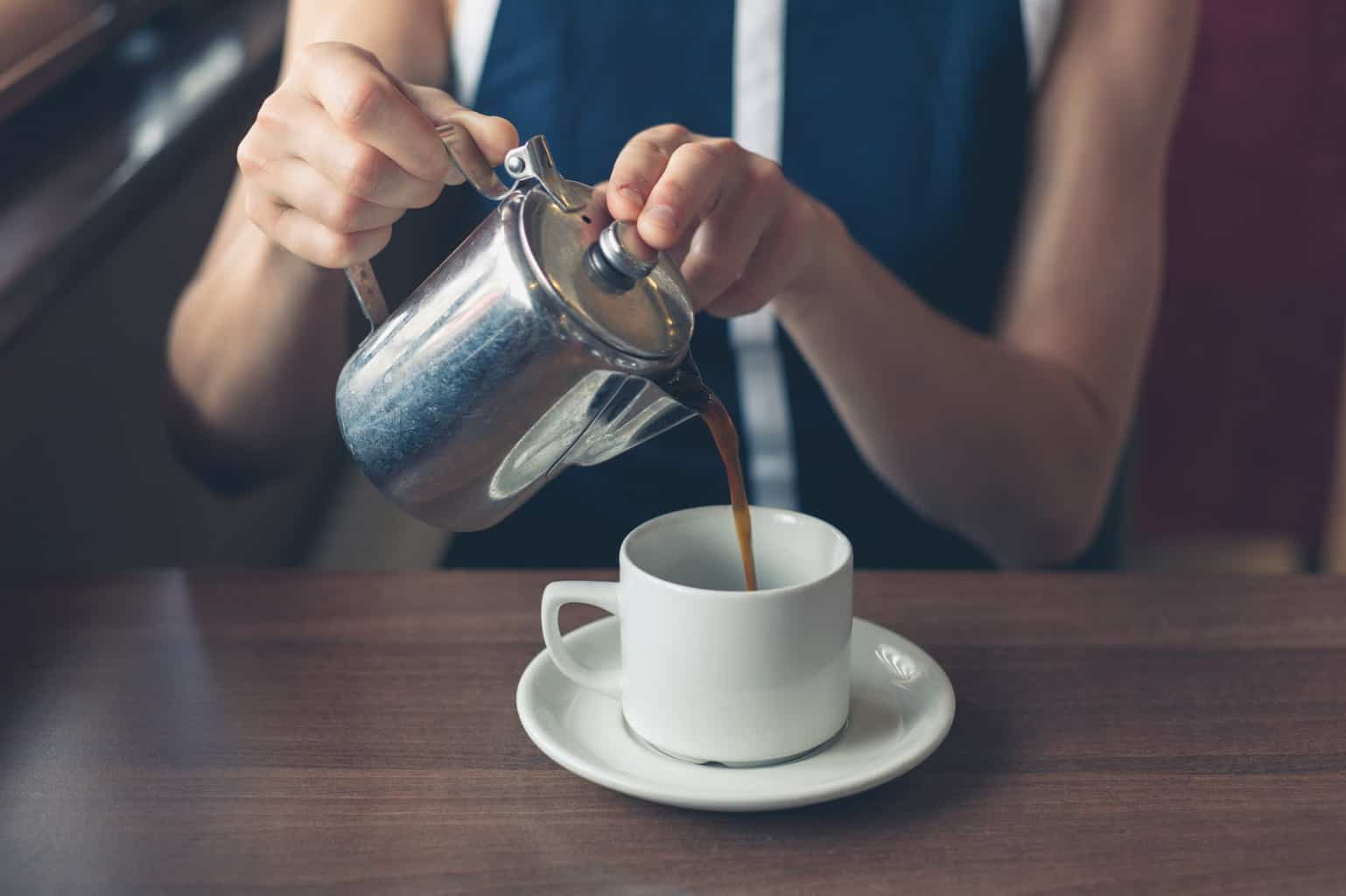
In these cases, skip caffeine…

—-Important Message From Our Sponsor—-
Download the nation’s best Concealed Carry today

Fortunately, because of a legal loophole, you can download CCW gun permit material from this website.
This loophole ensures you encounter:
- Zero government red tape (and no exposing your private info to the Feds)…
- Zero lines, classroom time or books to read…
- Zero gun range time (You don’t even need to fire a gun to get this permit).
It’s as simple as visiting this site and answering a few questions (they’re simple).
Plus you can complete the entire certification process online.
———-
When caffeine is a bad idea for men
Caffeine may be one of the most beneficial compounds found in nature.
By stimulating cellular metabolism, caffeine can promote health.
Caffeine intake (along with caffeine-containing food and drinks like coffee) is associated with better health outcomes.
But there are times when caffeine should be avoided.
A new scientific review looks at the effect of recent caffeine intake on myocardial perfusion imaging.
These tests are also known as MPI or MPS.
The test is used to diagnose coronary artery disease, hypertrophic cardiomyopathy, and heart wall motion abnormalities.
The researchers believe that if caffeine is taken shortly before the test it could affect the results.

Scientists at the University Medical Center, University of Groningen in The Netherlands did this investigation. The journal Nutrients published the results.
Adenosine is a chemical found in the body.
We have adenosine receptors throughout the body. And some of them can affect the cardiovascular system.
Caffeine can affect adenosine receptors, and adenosine is used in some heart imaging procedures.
Because of this, the researchers suspected it could cause false readings in the myocardial perfusion imaging test.
“Caffeine is a well-recognized antagonist of adenosine and a potential cause of false-negative measurements during myocardial perfusion.”
Myocardial perfusion imaging is often used in people with suspected coronary artery disease.
So the scientists reviewed the literature on caffeine and myocardial perfusion imaging.
“We summarized the effects of caffeine intake on measurements of myocardial perfusion in patients with suspected coronary artery disease.”
The scientists searched large medical and scientific databases for relevant studies.
The studies included people with suspected coronary artery disease.
“…participants – healthy subjects or patients with known or suspected coronary artery disease.”
The studies also included information on caffeine intake so the researchers could compare the effect of caffeine versus no caffeine.
“…comparisons – recent caffeine intake versus no caffeine intake.”
The researchers were able to pull data from over a dozen relevant studies.
“Fourteen studies were deemed eligible for this systematic review.”
The researchers confirmed that caffeine has a significant effect on myocardial perfusion imaging test results.
“The available data indicate a significant influence of recent caffeine intake on cardiac perfusion measurements.”
The effect of caffeine is significant and the results could affect doctors decision-making processes.
“These effects have the potential to affect the clinical decision.”
The researchers believe that caffeine could lead to test results placing people in different risk categories after testing.
“Caffeine could affect the clinical decision making by reclassification to different risk-categories.”
Cardiac reperfusion imaging tests are used in a number of different cases. This test is used to diagnose:
- Coronary artery disease (CAD) and various cardiac abnormalities
- The location and degree of CAD in patients with a history of CAD
- Risk of heart attack
- Shortness of breath of a possible cardiac origin
So it may be very important for people to avoid caffeine and caffeine-containing foods and drinks prior to these types of tests.
When you ingest caffeine, it takes about six hours for your body to get rid of half of that caffeine.
So it is probably a good idea to avoid caffeine for 24 hours before these tests.
Tea and coffee are the most common foods that are high in caffeine.
But chocolate and cocoa are also relatively high in caffeine and they also have some other similar compounds that may affect tests like these.
Caffeine isn’t just in beverages and foods.
It’s also used in supplement form – on its own or in pre-workout formulations. And it is in some pain medications.
“Caffeine intake prior to perfusion measurements should be discouraged.”
The authors even recommend that people who have taken caffeine recently should reschedule their test.
“In case of recent caffeine intake, rescheduling of the procedure should be considered.”
You should always consult a healthcare professional about diagnosing and treating any health problems.
—-Important Message For Men Taking Blood Pressure Medications—-
The link between hypertension and COVID19 explained

New research coming out of China and Italy shows a strange link between hypertension and the virus.
Including which blood pressure treatments make the virus worse, and which can actually help.
This is potentially life-saving information — get it here
———-
